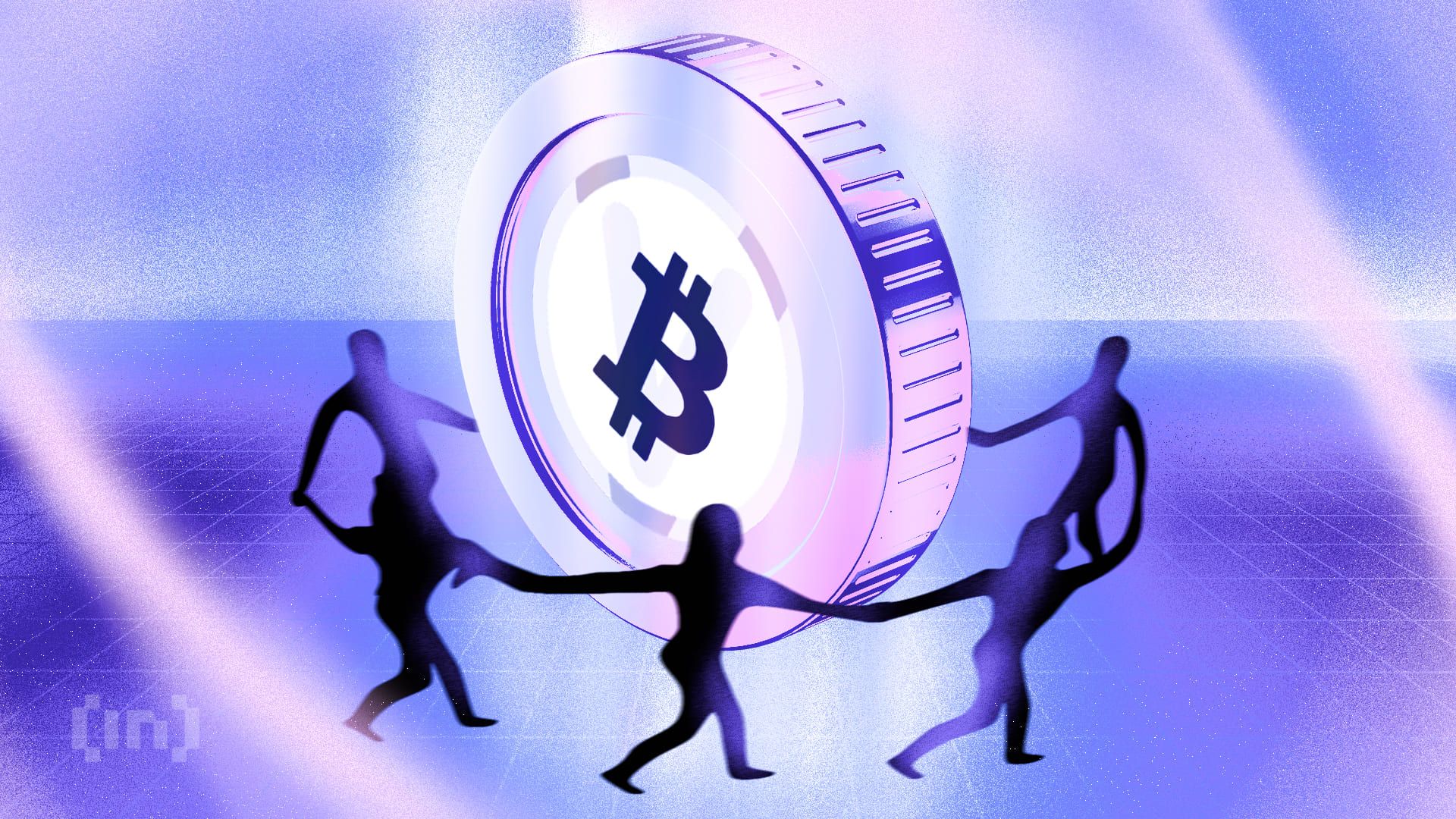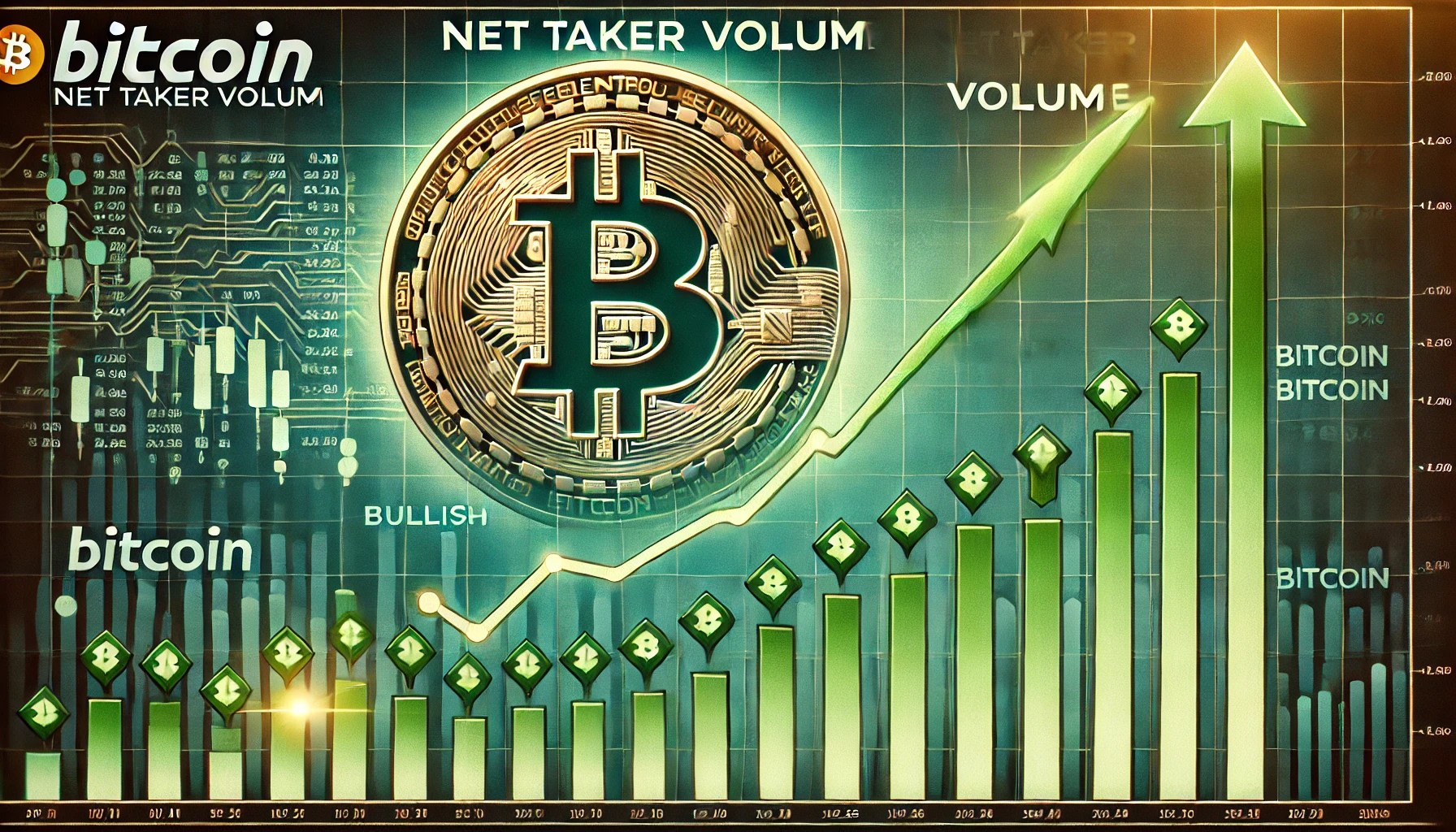Decreasing Dependence on the US Dollar: A New Era for Global Finance
China’s recent directive to its state-owned banks to decrease their reliance on the US dollar as a reserve asset has amplified a growing trend among countries seeking alternative options for their foreign exchange reserves. This shift is not a new development, but it has gained significant attention due to the economic and political implications it holds.
Background
The US dollar’s status as the world’s primary reserve currency has been a source of both benefits and challenges for countries around the world. On the one hand, holding US dollars provides access to the deep and liquid US financial markets. On the other hand, it exposes countries to potential risks, such as the erosion of purchasing power due to inflation or the risk of political instability in the United States.
Alternatives to the US Dollar
In response to these challenges, countries have been exploring alternatives to the US dollar as reserve assets. One such alternative is gold, which has long been used as a store of value and a hedge against inflation. However, in recent years, another alternative has emerged: Bitcoin.
Bitcoin as a Competitor
Bitcoin, the world’s largest and most well-known cryptocurrency, has gained significant attention as a potential reserve asset. Its decentralized nature makes it immune to political instability and potential inflationary pressures. Moreover, its digital nature makes it easily transferable and accessible to anyone with an internet connection.
According to some estimates, as of 2021, around 7% of Bitcoin’s total supply is held by institutional investors. These investors include hedge funds, insurance companies, and other large financial institutions. Moreover, several countries, including El Salvador, have adopted Bitcoin as legal tender, further increasing its legitimacy as a store of value.
Impact on Individuals
For individuals, the shift away from the US dollar as a reserve asset could have several implications. One potential benefit is increased financial privacy and security. Since Bitcoin transactions are decentralized and encrypted, they are less susceptible to government surveillance and potential hacking risks.
Moreover, the increasing adoption of Bitcoin as a reserve asset could lead to price appreciation, making it an attractive investment opportunity. However, it is important to note that Bitcoin is a highly volatile asset, and its value can fluctuate significantly in the short term.
Impact on the World
At the global level, the shift away from the US dollar could have significant geopolitical implications. It could potentially weaken the US dollar’s status as the world’s primary reserve currency, leading to a more multipolar world financial system. This could lead to increased competition among countries to establish their currencies as alternative reserve assets.
Moreover, the increasing adoption of decentralized currencies like Bitcoin could challenge the traditional role of central banks and governments in managing the global financial system. It could lead to a more decentralized and democratic financial system, where individuals have more control over their financial transactions.
Conclusion
In conclusion, China’s recent directive to its state-owned banks to decrease their reliance on the US dollar as a reserve asset is a significant development in the world of global finance. It reflects a growing trend among countries seeking alternatives to the US dollar as reserve assets. Bitcoin, with its decentralized and digital nature, has emerged as a viable competitor to the US dollar. This shift could have significant implications for individuals and the world as a whole, including increased financial privacy, security, and potential geopolitical challenges.
As individuals, it is important to stay informed about these developments and to consider the potential implications for our personal financial situations. At the same time, it is important to approach Bitcoin and other decentralized currencies with caution, given their volatility and potential risks.
- China’s state-owned banks to decrease reliance on US dollar
- Bitcoin as a viable competitor to US dollar as a reserve asset
- Increased financial privacy and security
- Geopolitical implications
- Importance of staying informed and approaching with caution





